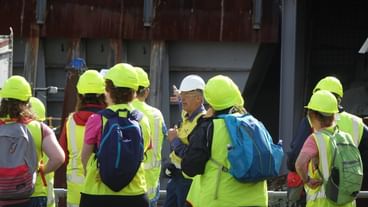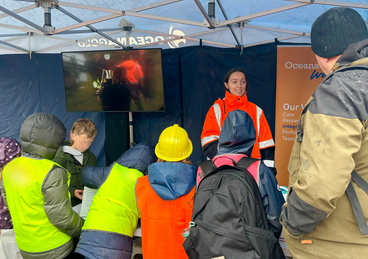Stakeholder Engagement

Engaging with our Communities
We recognize the importance of fostering strong, transparent, and enduring relationships with our stakeholders. We are committed to engaging with the communities we live and work in through meaningful dialogue, respecting local cultures, and acting in good faith.
We make it a priority to listen to the diverse perspectives within the communities in which we operate and to understand their views on the potential impacts and risks of our activities.
This engagement process is essential in addressing any concerns and integrating community feedback into our operational and business planning.

Complaints and Grievances
Each of our operations maintains a formal grievance mechanism, allowing community grievances and concerns to be raised, investigated and resolved in a timely manner.
People can raise grievances via e-mail, phone or in person. The mechanisms have been developed in alignment with the United Nations Guiding Principles on Business and Human Rights.

